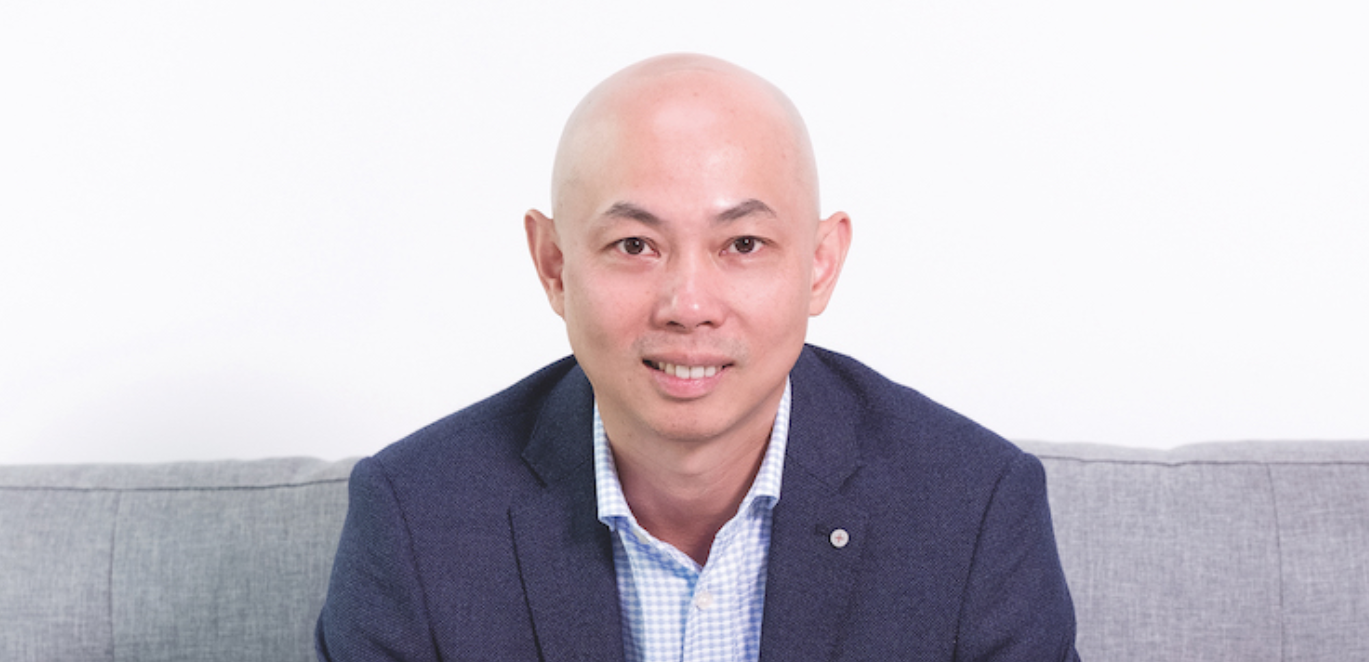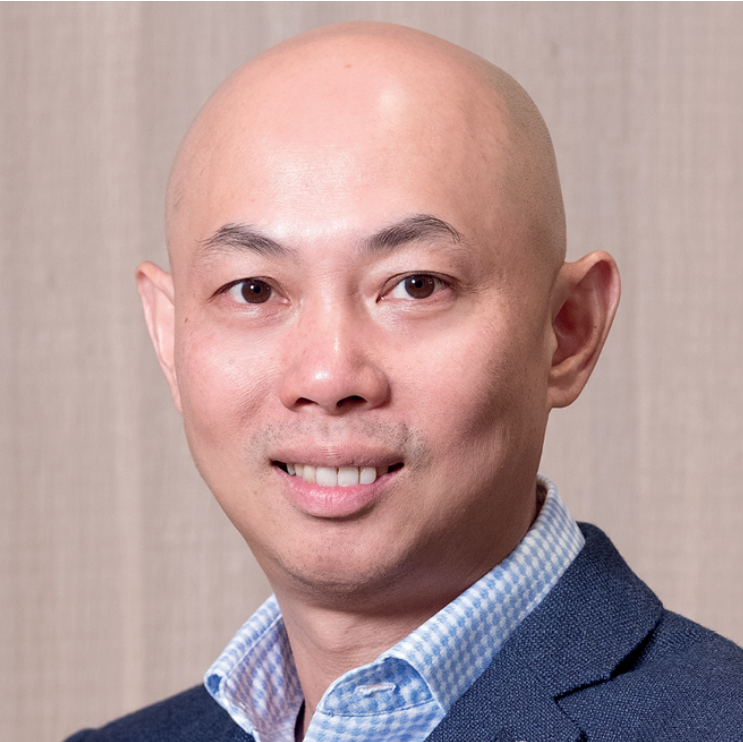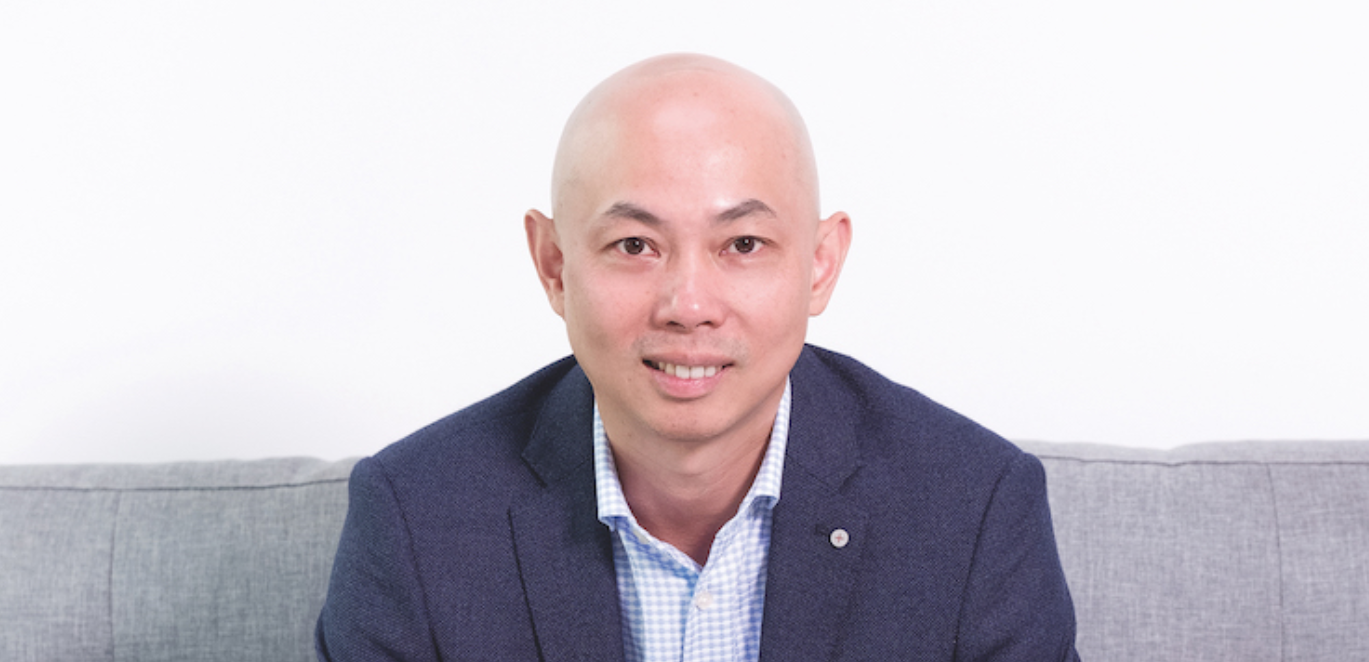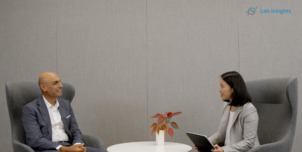As founder and group CEO of Pathology Asia Holdings (PAH), Dr Christopher Ting manages one of Southeast Asia’s leading clinical laboratory networks. With operations in Singapore, Malaysia, Vietnam and Australia, his company is playing an important role in the regional fight against the COVID-19 pandemic. He is also launching initiatives and making investments to ensure its continued success in the post-pandemic era.
The Lab Insights team recently caught up with Dr Ting to better understand his approach to leadership in a period of rapid change and uncertainty. His insights offer practical lessons for laboratory professionals that seek to manage the challenges of today while also preparing for the needs of tomorrow.
Engaging clinicians and policymakers to drive better care
With a medical degree from the University of Melbourne, Dr Ting initially worked as a practicing clinician. Before finding his way to the clinical lab industry, he also worked in healthcare consulting in Australia before returning to Southeast Asia to work at the Economic Development Board of Singapore in their Biomedical Sciences group. These formative experiences had a strong impact on his management philosophy that persist to this day.
“Before I got into this industry, I was mostly just a user of laboratory services and data, and I saw there was a big gap between what doctors expect and how labs actually work,” he says.
These gaps meant that clinicians and lab professionals would sometimes talk past each other. Lab professionals might actively push assays and services that have limited clinical relevance. Clinicians might neglect to provide clinical notes that clearly guide pathologists in their diagnostic decisions, or engage in other practices that contribute to pre-analytical errors and skew results.
To prevent these situations, Dr Ting believes that all his labs should be “medically managed,” or led by someone with clinical experience: “Clinicians are usually our ultimate stakeholders, and it takes one to know one. Strong operations are crucial, but a lab that is managed purely from the technical perspective may lose sight of some of the nuances that ensure clinical relevance.”

Beyond just hiring clinicians to lead their labs, PAH encourages regular engagement with clinicians. Through frequent educational seminars, for example, the company ensures that clinicians can stay informed about new assays. These seminars also provide a forum to gather feedback about new services, such as the e-ordering systems that they are currently working to scale across their sites.
Clinician engagement also helps PAH to proactively address general misconceptions about testing. “Labs often get unfairly criticized for doing too many unnecessary tests, but if you look across the globe, underutilisation is a bigger issue than over-testing,” he says. “There’s no controversy that we have to do more pap smears or diabetes screenings or fecal occult blood testing, but the traction is still too low in too many places.”
To ensure widespread access and adequate funding of laboratory services, Dr Ting believes that the lab industry also needs to do more to engage governments. The current pandemic, in his view, presents a golden window to build relationships with policymakers and raise the stature of clinical labs in major healthcare policy decisions, from topical issues such as COVID-19 testing to more long-term concerns like supply chain management, workforce development and reimbursement for lab services.
“We can definitely do better as an industry to advocate for effective policies,” he argues. “Clinical labs like ours should partner with upstream suppliers to identify joint interests and cooperate in a more systematic way.”
Pursuing digital innovation in a time of rampant disruption
In an industry that has long proved resistant to digital innovation, Dr Ting believes the current pandemic is rapidly accelerating the digitisation of medicine, presenting opportunities for labs to get more aggressive with their own journey towards digital transformation. At PAH, he is putting his money where his mouth is.
A few years ago, for example, he invested in Biomark, a digital health startup that was founded to make medical data more actionable and intuitive for patients and clinicians. In recent months, he worked with the company to build new capabilities for COVID-19 management. This includes simple but powerful features like an automated queuing system that prevents overcrowding at local collection centers, thus ensuring that patients remain socially distanced and safe during the testing process.
More recently, PAH has also partnered with an early-stage company that’s developing a test authentication system for lab results. One immediate application for this technology is to power the “immunity passports” that some governments are considering as a means to ultimately reopen their economies.
“We are open to take positions in these kinds of potentially disruptive innovations, but PAH doesn’t need a controlling stake,” he says. “We might seed the idea or simply develop a strategic partnership, but we ultimately want these companies to be independent so that they can avoid conflicts of interest and raise external funding from venture capital, private equity and other strategics as necessary.”
Apart from apps and digital services, Dr Ting believes the current pandemic may also drive innovation in testing equipment and assays too. “If we want to start opening up borders, we need new and more convenient ways to screen for COVID-19 and deliver results within minutes,” he argues. “With current PCR methods, you’d be lucky to get results back in a day, and that wouldn’t work so well for someone who’s trying to get through immigration at an airport.”
Dr Ting is not sure what the next paradigm of COVID-19 testing will look like, but he is confident that it will emerge soon: “We’ve got the whole world working on this problem. The solutions that bring us out of this mess are right around the corner, and we will be the first ones to bring it to market, even if that means disrupting ourselves in the process.”






